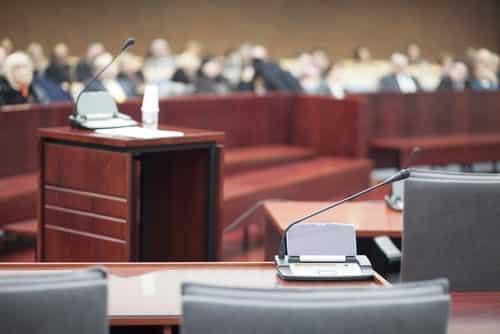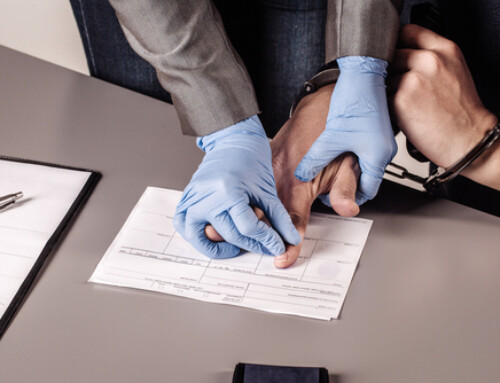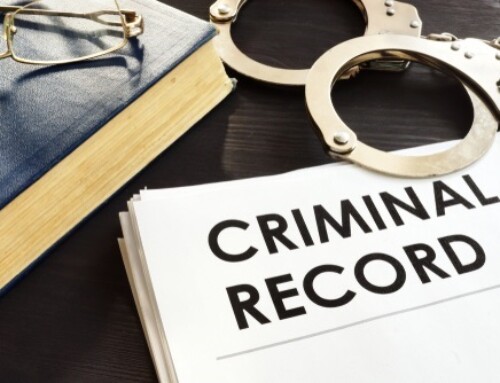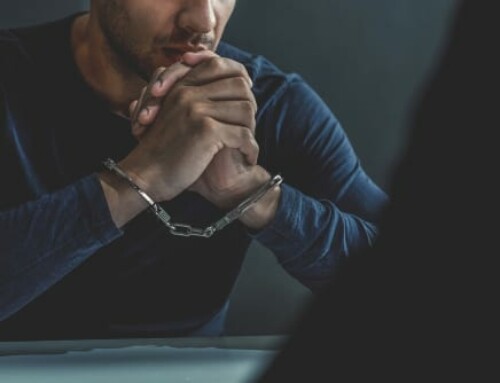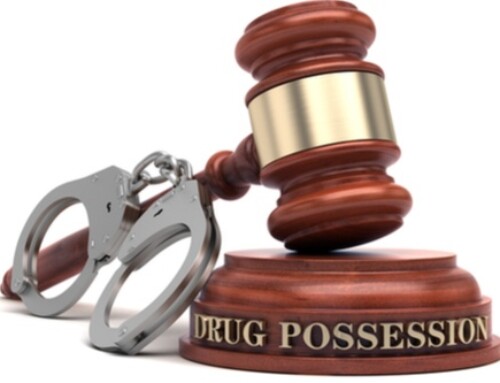You have been arrested and booked, and now you are awaiting trial on criminal charges in General Sessions Court in North Charleston. But, while avoiding a conviction at trial is understandably at the top of your list of concerns, there are actually several stages before trial of which you need to be aware. Not only might you be able to use these stages to achieve a favorable result without putting your fate in the hands of a jury, but there are also certain stages at which you must appear in order to avoid having a bench warrant issued for your arrest.
What Happens Before Your Criminal Case Goes to Trial in North Charleston General Sessions Court?
The following is a general overview of the criminal justice process in General Sessions Court in Charleston, Berkeley, and Dorchester County. While these are the basic steps involved in most cases, specifics can vary, and you should be sure to discuss the specifics of your case with an experienced North Charleston criminal defense attorney.
1. Bond Hearing
The first court procedure after your arrest and booking is your bond hearing. Under South Carolina law, your bond hearing must be scheduled within 24 hours of your arrest. The purpose of this hearing is to determine whether you will be released or held in jail pending trial, so it is extremely important that you have an attorney represent you in court.
If the judge decides that you are not a flight risk and that you do not pose a danger to the public, then you will have to post a bond as a condition of your release. Types of bond available in General Sessions Court include:
- Personal recognizance bond
- Cash in lieu of bond
- Cash percentage in lieu of bond
- Property bond
- Surety bond
2. Preliminary Hearing
As a defendant in General Sessions Court, you have the right to request a preliminary hearing within 10 days of your bond hearing. Although the likelihood of having your charges dismissed at a preliminary hearing is relatively low (because the prosecution’s burden of proof at this stage is relatively low as well), there are other benefits to having your attorney appear at a preliminary hearing on your behalf. For example, your attorney will be able to speak with the prosecutor and the officer who arrested you in person, and the hearing will give your attorney the opportunity to gather information about the prosecution’s evidence and case strategy. If the prosecution’s evidence is lacking, it may be possible to have your charges reduced at the preliminary hearing as well.
3. Grand Jury
Around the time that you are able to request a preliminary hearing, the prosecutor’s office may also take your case before a grand jury. The grand jury’s role is to determine whether there is probable cause to pursue charges; although, as a practical matter, the prosecution-friendly procedures involved in General Sessions Court grand jury proceedings mean that the grand jury returns a “true bill” for indictment the majority of the time. If you were indicted prior to your arrest, then your case will skip the grand jury stage.
4. First Appearance
Despite the fact that you may have already appeared in court for your bond hearing and preliminary hearing, the next stage in the process is referred to as your “first appearance.” During your first appearance (which is also known as “roll call”), the judge will make sure you know your trial date and confirm that you understand your right to be represented by legal counsel. Although this is a fairly standard proceeding, it is still strongly advisable to appear in court with your attorney so that he or she can speak on your behalf.
It is extremely important that you know the time and date of your first appearance (it should be scheduled within 45 days of your arrest) and that you make plans to be in court on time. Failing to show up will result in a bench warrant being issued for your arrest, and this could mean forfeiting your bond and sitting in jail while you await your trial.
5. Second Appearance
Next after your “first appearance” is your “second appearance.” This will be scheduled within 120 days of your arrest. During your second appearance, you will enter your plea and request a jury trial, and the judge will schedule your trial date. Similar to your first appearance, the judge can issue a bench warrant if you fail to show.
6. Discovery
As your case progresses, your attorney will be taking various additional steps in order to try to resolve your case in your favor. One of these steps involves requesting “discovery” from the prosecution. As a criminal defendant, you are entitled to know what evidence the prosecutor’s office intends to use against you, and you have the legal right to challenge any evidence that may be inadmissible in court.
7. Pre-Trial Plea Negotiations
As your attorney gathers more information about the prosecution’s case, he or she will negotiate to try to resolve your case prior to trial. Depending on the circumstances involved (i.e. the amount of admissible evidence the prosecution has against you and the severity of the crime(s) with which you have been charged), this may include negotiating for a reduced charge, negotiating for a reduced sentence, or trying to convince the prosecution to drop your case entirely.
8. Pre-Trial Intervention (PTI) Program
If you are a first-time offender, you may be eligible to enter into a pre-trial intervention (PTI) program. Upon completing the program, your charges will be dismissed and the case will be removed from your criminal record. However, if you fail to complete the program, your case will resume and you will be forced to stand trial.
Contact Our Criminal Defense Lawyer 24/7 for a Free Consultation in North Charleston, SC
Are you facing criminal charges in North Charleston? To discuss your case with criminal defense lawyer Rad Deaton in confidence, call 843-557-6852 or request a free consultation online now.

